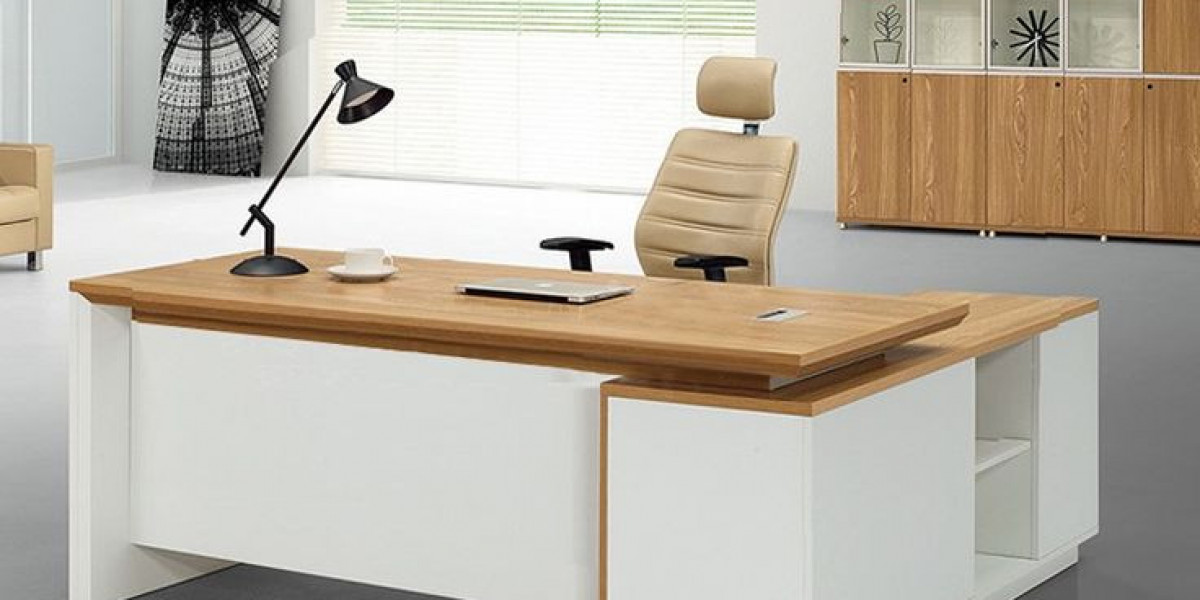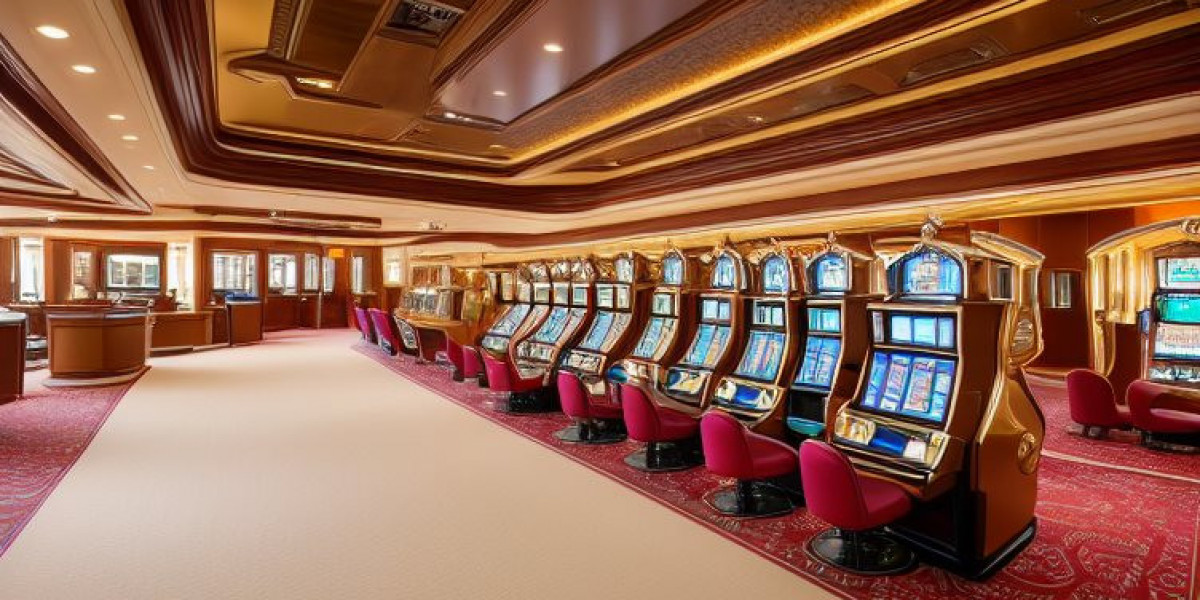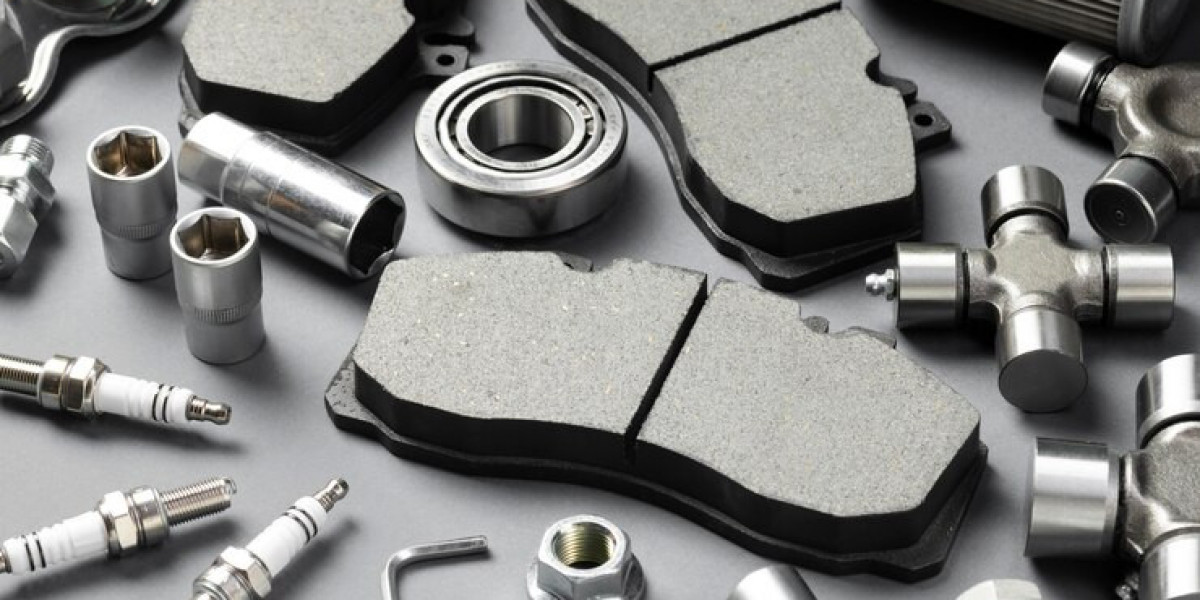The B2B office desk market has undergone significant changes in response to evolving consumer expectations. As businesses adapt to new work environments, the demand for office furniture that supports productivity, flexibility, and employee well-being has increased. This article explores how consumer expectations in the B2B office desk market have evolved and what factors are shaping the future of office furniture purchasing decisions.
1. Shift Toward Ergonomics and Employee Well-being
In the past, office desks were primarily designed for functionality and durability. However, as awareness of workplace health issues such as back pain, repetitive strain injuries, and poor posture grew, businesses began prioritizing ergonomic features in office furniture.
- Height-Adjustable Desks: The demand for height-adjustable desks has surged, as companies recognize the importance of allowing employees to alternate between sitting and standing throughout the workday. This feature promotes better posture, reduces the risk of musculoskeletal problems, and boosts overall employee productivity and comfort.
- Ergonomic Features: Modern office desks now come with built-in ergonomic solutions such as adjustable keyboard trays, built-in lumbar support, and contoured desk edges that prevent discomfort during long hours of work.
2. Emphasis on Flexibility and Adaptability
The rise of flexible workspaces, remote work, and hybrid work models has led to a shift in consumer expectations for office furniture. Businesses are now seeking office desks that can easily adapt to the changing needs of their employees and office layouts.
- Modular Desk Systems: Consumers are increasingly looking for desks that can be easily reconfigured to accommodate shifting workspaces. Modular desk systems that allow businesses to add or remove components, such as additional workstations or storage units, offer greater flexibility as teams grow or change.
- Collaborative and Private Spaces: In response to the demand for both collaborative and private work areas, businesses expect office desks that can serve dual purposes. Desks that can be quickly transformed from individual workspaces to collaborative hubs support a more dynamic and flexible office environment.
3. Integration of Technology
As technology continues to play a crucial role in the workplace, the need for office furniture that integrates seamlessly with digital tools and devices has grown. Businesses now expect desks to support advanced technology and provide a more streamlined, efficient work environment.
- Built-in Power Solutions: Today’s office desks often come with built-in charging stations, USB ports, and cable management systems to accommodate laptops, smartphones, and other devices. These features help maintain a clean, organized workspace while ensuring employees have easy access to the power they need.
- Smart Desks: The emergence of smart desks that can monitor employee activity, adjust to preferred settings, and even track health metrics like posture has captured the attention of forward-thinking businesses. These desks provide both functionality and wellness benefits, enhancing the work experience.
4. Focus on Aesthetics and Brand Identity
As businesses look to create engaging and inspiring workspaces, aesthetics and design have become more important than ever. Office furniture is no longer seen solely as functional; it is now a key element in promoting company culture and brand identity.
- Design-Driven Solutions: Modern office desks are often designed with aesthetics in mind, offering sleek, contemporary lines, customizable finishes, and stylish materials. Businesses expect office furniture that not only meets functional requirements but also reflects their brand image.
- Color and Material Customization: The demand for desks that can be customized in terms of color, material, and finish has increased. Customization allows businesses to align their office furniture with their brand’s color scheme and interior design, creating a cohesive and visually appealing workspace.
5. Sustainability and Environmental Impact
As environmental awareness continues to grow, businesses are becoming more conscious of the sustainability of the products they purchase. The office desk market has responded by offering more eco-friendly options that meet the growing demand for environmentally responsible products.
- Sustainable Materials: Consumers now expect office desks to be made from sustainable materials such as recycled wood, eco-friendly laminates, and non-toxic finishes. These materials reduce the environmental impact of office furniture and contribute to creating greener workplaces.
- Energy-Efficient Manufacturing: In addition to sustainable materials, companies are also seeking manufacturers who prioritize energy-efficient production processes. By choosing suppliers who implement green practices, businesses can reduce their carbon footprint and align with their corporate sustainability goals.
6. Focus on Cost-Effectiveness
While businesses are willing to invest in high-quality, customizable office furniture, cost-effectiveness remains a critical factor in purchasing decisions. Companies are looking for office desks that offer a balance of quality, functionality, and price.
- Affordable Customization: With the increasing demand for customization, businesses are expecting affordable options that don’t sacrifice quality. Desk manufacturers that can provide customizable features at competitive prices are well-positioned to meet this expectation.
- Long-Term Investment: Businesses are also looking for office desks that are durable and built to last, reducing the need for frequent replacements. High-quality, long-lasting furniture is seen as a worthwhile investment that ultimately reduces costs over time.
7. Rise of Hybrid Work and Remote Work Solutions
The hybrid work model, where employees divide their time between the office and remote locations, has led to changes in consumer expectations for office furniture. Businesses now need desks that cater to both in-office and remote work setups.
- Compact and Portable Desks: Remote workers are seeking compact and portable desks that are easy to set up and move. These desks are designed for home offices and can be easily assembled and disassembled, providing a convenient and practical solution for employees working remotely.
- Home Office Integration: As more people work from home, businesses are also looking for desks that are aesthetically pleasing and functional enough to integrate into home office environments. Desks that blend seamlessly into home décor while offering the same level of functionality as traditional office desks are in high demand.
8. Health and Wellness Integration
With increasing attention to employee well-being, businesses are incorporating more health-conscious features into their office environments. Office desks that support physical and mental wellness are now a priority for many companies.
- Standing Desks and Anti-Fatigue Features: As employees seek ways to reduce the health risks associated with sedentary work, standing desks and desks with anti-fatigue mats are becoming more common. Businesses expect to see these options in their office desk offerings to help promote healthier work habits.
- Stress-Reducing Design: Office desks that incorporate design elements intended to reduce stress—such as calming colors, natural wood finishes, and simple, clean lines—are gaining popularity. These features help create a more peaceful and productive work environment.
Final Thoughts
Consumer expectations in the B2B office desk market have evolved dramatically, driven by factors such as ergonomic design, technological integration, sustainability, and employee well-being. Today’s businesses seek office furniture that not only meets functional needs but also supports flexible work environments, enhances productivity, and aligns with their brand and sustainability goals. As consumer expectations continue to shift, office desk manufacturers must stay ahead of trends, offering innovative and customizable solutions that cater to the dynamic needs of modern workplaces.









